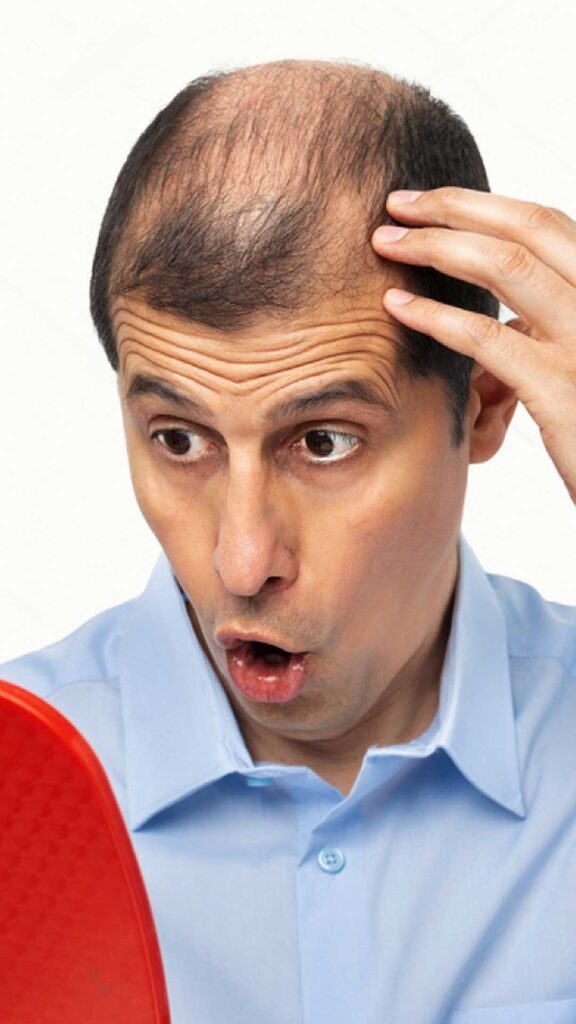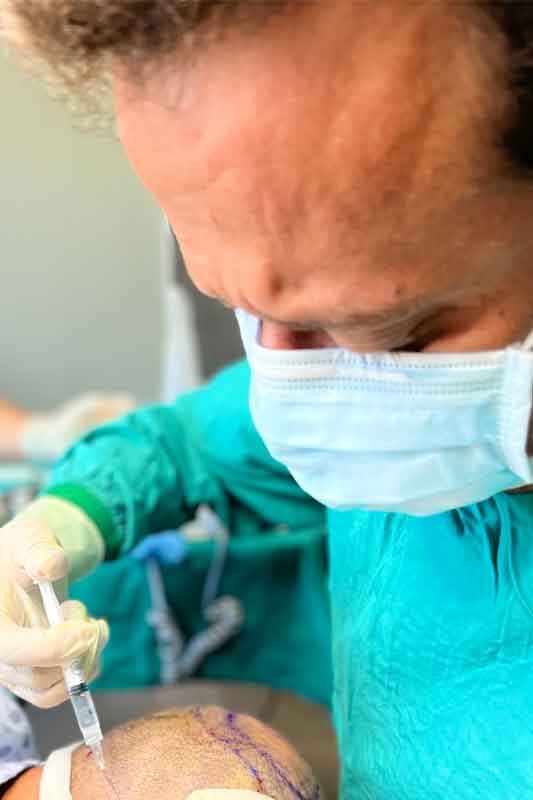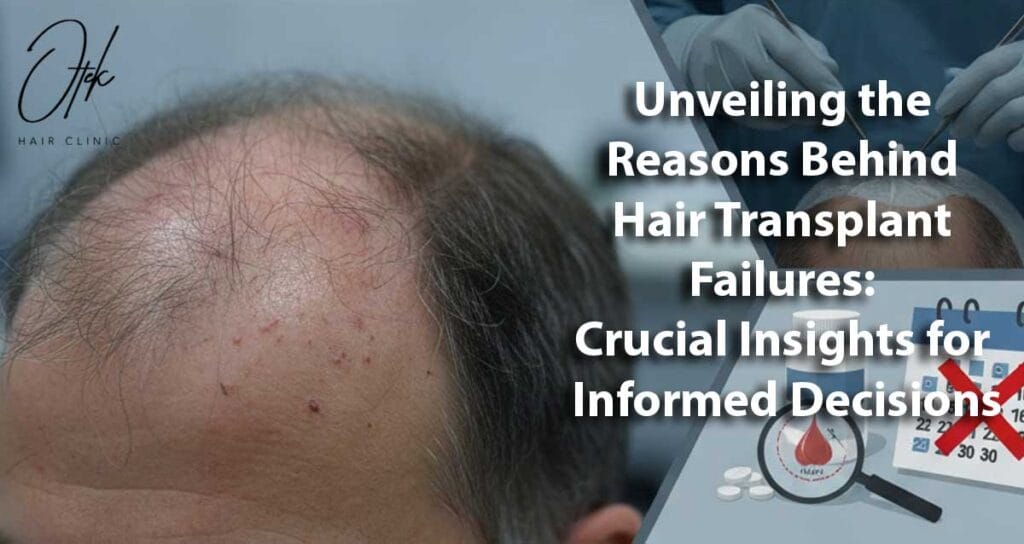Hair transplants have emerged as a popular solution for those grappling with hair loss. While the procedure boasts a high success rate, it’s essential to acknowledge that, in some cases, hair transplants may not yield the desired results. Understanding the factors that contribute to the failure of hair transplants is crucial for individuals considering this transformative procedure.
Inadequate Candidate Evaluation:
One primary reason behind hair transplant failures is an insufficient evaluation of the candidate’s suitability for the procedure. Not everyone is an ideal candidate for a hair transplant, and factors such as overall health, existing medical conditions, and the extent of hair loss must be thoroughly assessed. An experienced and qualified surgeon will conduct a comprehensive evaluation to determine if the individual is a suitable candidate for the procedure.
Poor Surgical Planning and Execution:
Successful hair transplants rely on meticulous planning and precise execution. Surgeons must consider the patient’s facial structure, hairline, and the availability of donor hair. A lack of attention to detail during the planning phase or errors in the execution can lead to unnatural-looking results or even graft failure. Choosing a skilled and experienced surgeon is crucial to ensure a successful outcome.


Graft Survival Issues:
Graft survival is a critical aspect of a successful hair transplant. The method of harvesting and transplanting hair follicles plays a pivotal role in their survival. In some cases, improper handling of grafts during extraction and transplantation can result in poor survival rates, leading to suboptimal results. It is imperative for surgeons to employ meticulous techniques to maximize graft survival and promote healthy hair growth.
Post-Operative Care and Lifestyle Factors:
The success of a hair transplant isn’t solely dependent on the surgical procedure. Post-operative care and adherence to the surgeon’s instructions are equally vital. Failing to follow post-operative guidelines, such as avoiding strenuous activities or exposure to harsh elements, can negatively impact the healing process and contribute to transplant failure. Additionally, unhealthy lifestyle choices, such as smoking or excessive alcohol consumption, can hinder the growth of transplanted hair.
Underlying Medical Conditions:
Certain medical conditions can impede the success of a hair transplant. Individuals with autoimmune disorders, chronic illnesses, or untreated scalp infections may experience complications that compromise the effectiveness of the procedure. A thorough medical evaluation before the surgery is crucial to identify and address any underlying conditions that may affect the outcome.
While hair transplants have provided countless individuals with a renewed sense of confidence and aesthetic satisfaction, understanding the potential reasons for failure is paramount. Choosing a qualified surgeon, undergoing a comprehensive evaluation, and committing to proper post-operative care are essential steps to enhance the likelihood of a successful hair transplant. By delving into these critical aspects, individuals can make informed decisions and increase the chances of achieving natural-looking and long-lasting results.
Choosing a qualified and experienced surgeon is the most important factor affecting hair transplantation results. Because personalized planning by the surgeon and his team is the most successful way to get results that suit the patient’s special goals.
Trust the experience of Dr. Okan and his team. Schedule your free consultation before it’s too late. Remember, success in hair transplantation is achieved by following the advice given by your surgeon.

